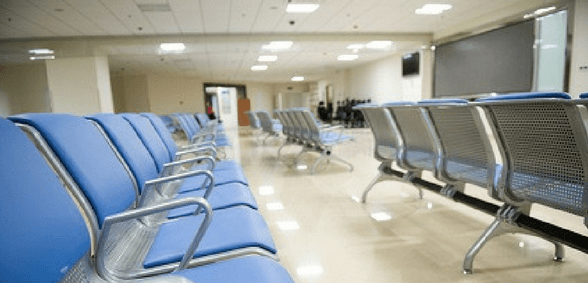
The BMA has written that, according to figures released under the Freedom of Information Act, more than 46,000 patients in Wales have been forced to find a new GP in the last five years
BMA Cymru Wales has said the closures reflected the fact that surgeries were struggling to stay afloat with workloads and a problem with retaining and recruiting GPs.
According to research by BBC Wales, eight main practices and seven branch surgeries closed last year with about 18,000 patients having to move.
Earlier this year, BMA Cymru Wales warned that 74 surgeries in Wales were at risk of closure.
Welsh GPs committee chair Charlotte Jones said the BMA was working with the Welsh government and health boards to try and solve the problems facing GPs.
A Welsh government spokesperson said:
“Since the launch of our Train Work Live campaign, we have overfilled GP training places in Wales for the first time.
“We have also filled training places in areas that have been traditionally hard to recruit to.
“As is the trend across the UK, in Wales we are seeing a shift towards larger sized GP practices, with a wider skill mix of health professionals, providing a greater range of healthcare locally.”
The BMA has given a cautious welcome to news that a number of health-board managed practices are returning to independent contractor status.
Full details have yet to be announced on moves to contract out three surgeries in Wrexham in North Wales, although the health board has said arrangements are in the process of ‘being formally worked through’.
Mark Walker, deputy medical director of Betsi Cadwaladr University Health Board, said:
“We have identified a possible provider of GP services for a number of our managed practices in Wrexham. The arrangements are in the process of being formally worked through.”
Two surgeries in South Wales will also be returned to independent status in October.
Hillcrest Surgery in Mountain Ash and Brookside Surgery in Merthyr Tydfil will merge with existing practices not managed by the Cwm Taf health board.
Dr Jones added:
“We have always been clear that the most cost-effective way of providing primary care services is via the independent contractor model providing GMS services.
“However, we cannot overlook the fact that there are still practices in Wales who are at risk and are considering or have handed back their contract.
“More needs to be done so that these practices receive the support they need to remain in GMS status.”
Don’t forget to follow us on Twitter, or connect with us on LinkedIn!

Be the first to comment